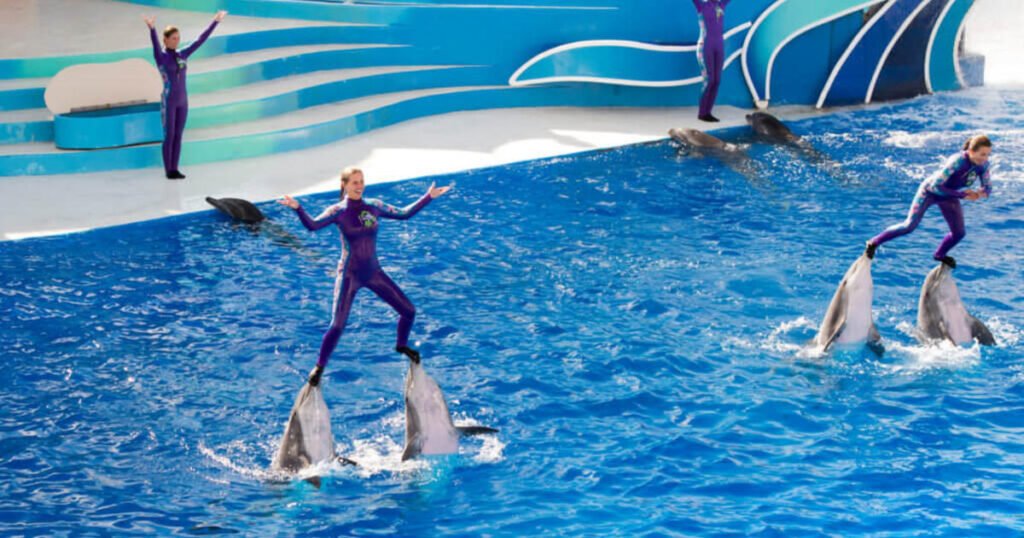SeaWorld, once synonymous with family entertainment and marine life conservation, finds itself under intense scrutiny and criticism in recent years. The narrative surrounding SeaWorld has shifted dramatically, with allegations of mistreatment and exploitation of marine animals at the forefront of public debate.
Edie Falco, renowned for her poignant storytelling, has shed light on what many perceive as SeaWorld’s darkest chapter: the heartbreaking tale of a mother torn from her baby. Falco’s portrayal underscores the emotional turmoil faced by marine mammals held in captivity, far removed from their natural habitats.
The concept of SeaWorld as an ‘Abuse’ment Park has gained traction, challenging its legacy and calling into question its role in marine conservation efforts. Critics argue that SeaWorld’s practices have perpetuated the captivity and display of marine life solely for entertainment, while detracting from true conservation initiatives.
As the public discourse intensifies, SeaWorld faces significant challenges in maintaining its reputation and relevance in a changing social and ethical landscape. The call to ‘Trash Your Reputation’ reflects a growing sentiment among activists and concerned citizens who demand transparency and ethical accountability from corporations like SeaWorld.
The controversy surrounding SeaWorld serves as a powerful reminder of the complex relationship between humans and animals, and the ethical responsibilities that come with environmental stewardship. As discussions continue, the future of SeaWorld hangs in the balance, navigating turbulent waters of public opinion and regulatory scrutiny.
For those invested in marine conservation and animal welfare, the ongoing debate about SeaWorld serves as a catalyst for reflection and action. It prompts us to reconsider our interactions with marine life and the broader implications of captivity in the name of entertainment.
In the midst of this controversy, SeaWorld’s response and actions will undoubtedly shape its legacy for years to come, influencing how it is perceived by future generations and its place in the broader conservation landscape.
As the conversation evolves, the story of SeaWorld unfolds, revealing layers of complexity and raising fundamental questions about the treatment of marine animals and our collective responsibility towards the natural world.


